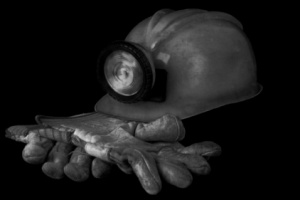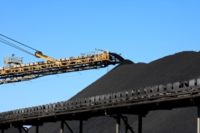 The Mine Safety and Health Administration (MSHA) is making good on MSHA head Joseph A. Main’s vow to “vigorously investigate” all discrimination complaints. Last year, the agency filed 39 requests for temporary reinstatements on behalf of miners who submitted complaints of discrimination in the form of a suspension, layoff, discharge or other adverse action. That is the largest per-year number of such requests filed in the MSHA’s existence.
The Mine Safety and Health Administration (MSHA) is making good on MSHA head Joseph A. Main’s vow to “vigorously investigate” all discrimination complaints. Last year, the agency filed 39 requests for temporary reinstatements on behalf of miners who submitted complaints of discrimination in the form of a suspension, layoff, discharge or other adverse action. That is the largest per-year number of such requests filed in the MSHA’s existence.
According to Section 105(c) of the Federal Mine Safety and Health Act of 1977, a miner cannot be discharged, discriminated against or interfered with in the exercise of statutory rights because he or she has engaged in a protected activity such as filing a complaint alleging a health or safety violation, or refusing to work under unsafe or unhealthy conditions.
"MSHA strongly encourages miners to exercise their rights under the Mine Act and maximize their involvement in monitoring safety and health conditions," said Main, assistant secretary of labor for mine safety and health.
If MSHA finds that a miner's complaint is "not frivolously brought," the agency, at the request of the miner, asks the commission to order immediate reinstatement for the miner.
Issues relating to fears of discrimination and retaliation came to light during congressional hearings held in the wake of the Upper Big Branch Mine disaster. Statements from miners and family members of the miners who died indicated that mine employees had been reluctant to speak out about safety conditions in existence prior to the April 2010 explosion, fearing retaliation by management. Testimony from UBB employees presented during MSHA's investigation also supported those claims.


